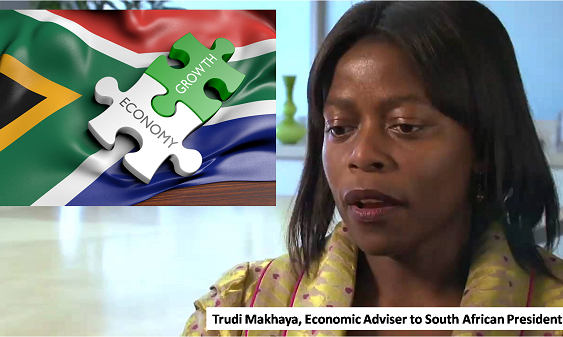- LG ENERGY SET TO BUILD NEW PRODUCTION PLANT FACILITY FOR ELECTRIC VEHICLES IN MOROCCO
- HOW GREEN HYDROGEN PROJECT CREATED OVER 200 JOBS IN NAMIBIA
- HOW EGYPT LOW-INCOME HOUSING FINANCE INITIATIVE GOT EGP70BILLION FUNDS
- CHIRUNDU BORDER POST TRANSFORMATION SET TO TAKE EFFECT IN ZIMBABWE
- MOZAMBIQUE GOVT. SET PLANS FOR PETROLEUM EXPLORATION AFTER CONTRACT APPROVAL
SOUTH AFRICA SECURES US$35bn INVESTMENT COMMITMENT

South Africa have acquired US$35 billion out of the US$100 billion it needs for reviving its economy.
South Africa have received investment pledges of about US$35 billion as part of its plans to attract US$100 billion. The US$100 billion is for reviving the country’s economy.
The South Africa president Cyril Ramaphosa for this purpose, fitted out a team of bankers, former ministers and business people. He also hired Trudi Makhaya, an economist, as his economic adviser to search the world’s financial capitals for new investors.
According to Makhaya, the US$35 billion commitment amounts from Saudi Arabia’s US$$10 billion, UAE’s US$$10 billion and China’s US$15 billion.
During an investment summit scheduled to hold in Johannesburg on October 26, 2018, the South African government also hopes to raise more money from companies and governments. The Summit will serve as an opportunity to educate investors on the country’s stability due to implementation of effective policies. It will also help to connect investors to projects.
In an Interview, Trudi Makhaya said there is a need to keep raising more investments even after next year’s election. This is to show investors that the policy isn’t going to change even if the ruling party lost.
There have been heavy borrowing by the Government for the past decade. The borrowed funds were spent on poorly executed infrastructure projects and to pay public sector wages.
The economic adviser to the president stated that in the long run spending as a strategy for boosting South Africa’s economy would not work. Rather its alternative should be investments, job creation and fixing up governance.

